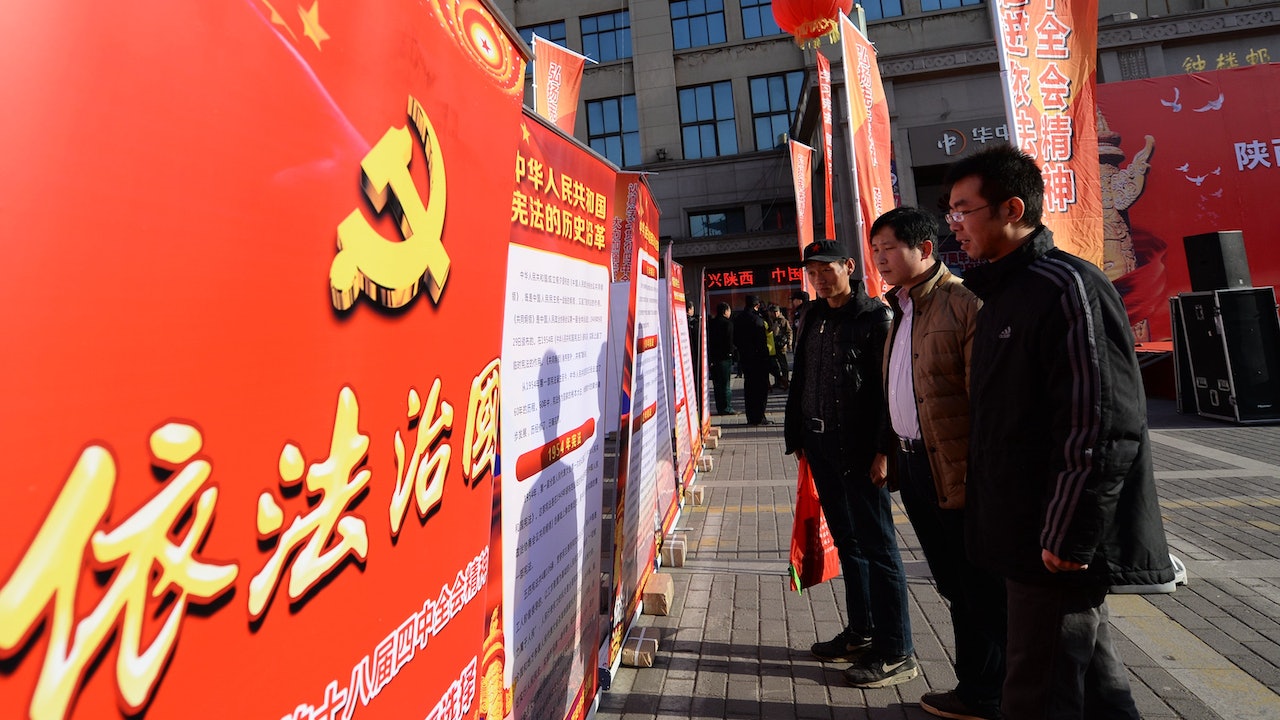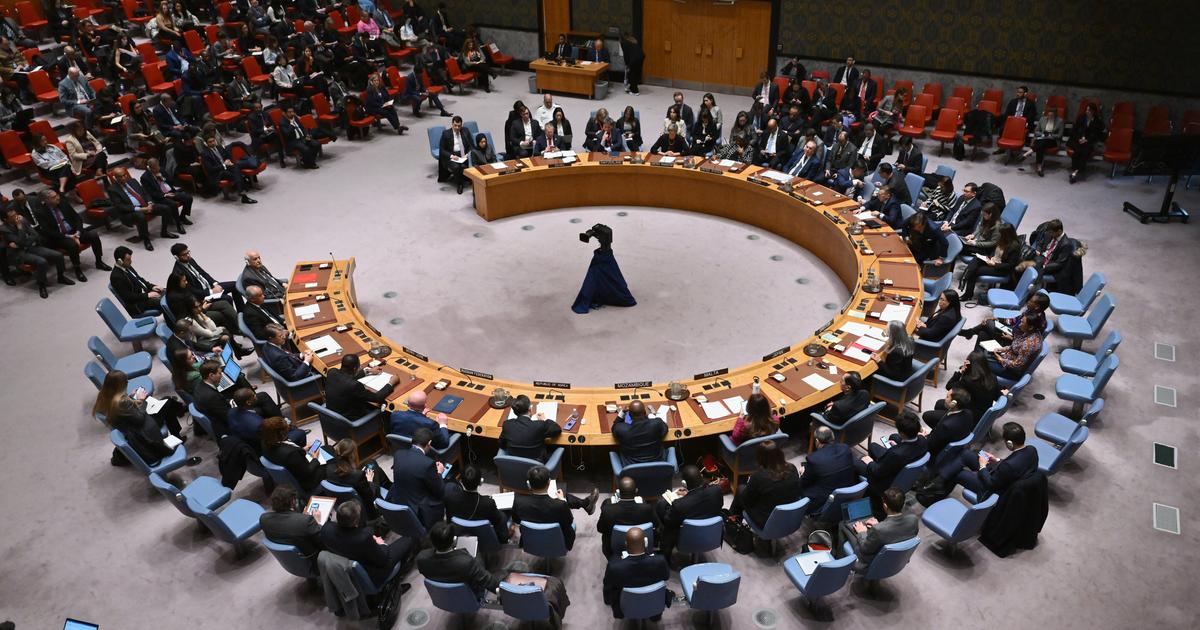Now that the 20th National Congress of the Communist Party of China is getting closer and closer, the rule of law should be one of the contents of the 20th National Congress.
Since the reform and opening up, the CCP decision-makers have always regarded the rule of law as an important means of governing the country.
Since the 18th National Congress of the Communist Party of China, the decision-making level of the CCP has specially held a special session of the Central Committee to focus on the comprehensive rule of law, and raised it to the "Four Comprehensives".
Top 20 Challenges | Autocracy is not socialism Top 20 challenges for the CCP to revitalize world socialism ︱ The democratic China plan "people's democracy in the whole process" needs to take root Ten Challenges | Where is good governance and good governance? How far is China from the fifth modernization
On the one hand, it shows that the CCP decision-makers are paying more and more attention to the rule of law, and on the other hand, it reflects that the construction of the rule of law in China is still in progress and still needs to be vigorously promoted.
From the perspective of history and reality, for a super country like China with thousands of years of authoritarianism and rule of man tradition, although it has experienced the baptism of modern democracy and republic, the inertia of rule of man and bureaucracy are still exerting a great influence, and the construction of the rule of law Still a structural challenge.
The current epidemic prevention and economic difficulties faced by China have made many people realize the importance and urgency of the rule of law.
As early as the beginning of the outbreak of the epidemic in 2020, Xi Jinping demanded at the third meeting of the Central Committee for Comprehensive Law-Based Governance, "The more difficult the epidemic prevention and control is, the more we must adhere to the prevention and control according to the law, and coordinate the promotion of various measures on the track of the rule of law. prevention and control work”.
However, in terms of actual implementation, there are many places where there are layers of overweight and one-size-fits-all measures, which repeatedly impact the bottom line of the rule of law, such as "malicious return to the hometown", "apology for farming", "wire lock the door" and the Henan Red Code incident.
In July this year, depositors of Henan village and town banks in many places reported that their health codes were remotely assigned "red codes" again.
(People's Daily Health Client)
Article 11 of the Emergency Response Law enacted and implemented in 2007 clearly stipulates: "The measures taken by the relevant people's governments and their departments to respond to emergencies shall be consistent with the nature, extent and extent of the social harm that may be caused by the emergencies. If there are multiple measures
to
choose from, the measures that are conducive to protecting the rights and interests of citizens, legal persons and other organizations to the greatest extent should be selected
.”
But the reality is often unsatisfactory, as Tong Zhiwei, a professor at East China University of Political Science and Law, warned in 2020: "Many public officials, especially local leaders, have formed a bad habit in public life in the past few decades: In
emergencies, the
first thing that comes to mind is to expand and use the power in one's hands to the extreme, while compressing or limiting the freedom of citizens and individuals to the extreme
, and in this way, express themselves "resolutely and decisively" and "strongly act". ''Capable and responsible'.”
Why is this so?
For a long time, many local governments in China have been accustomed to the campaign-style political mobilization model, while ignoring the aspect of administration according to law.
Many officials are accustomed to proposing policies or measures one after another, but they tend to miss whether specific policies or measures have legal basis.
It is undeniable that the campaign-style political mobilization model often has the advantage of concentrating efforts on major affairs, and policies and measures are often relatively flexible and result-oriented and problem-solving.
But the disadvantage is that it is easy to breed bureaucracy and formalism, and it is inevitable to overcorrect, layer upon layer and one-size-fits-all in the implementation process.
In May this year, during the epidemic in Shanghai, some roads were fenced to prevent fire trucks from entering and leaving.
(online picture)
Li Hongbo, a professor at China University of Political Science and Law, argued earlier in the article "Principles of the Rule of Law for Responding to Public Health Emergencies", "As the 'imperial principle' of public law, the principle of proportionality is the basic principle that should be followed in the exercise of public power... Where is there Where there is power and rights, there should be a principle of proportionality.”
He suggested that "the
government must be guided by the rule of law in its response to public health emergencies, and realize the transition from a 'political mobilization model' to a 'law-based emergency model'
."
The same is true for economic issues. If economic policies or measures fluctuate too much, moving from one extreme to another, it is bound to be easy to overdo it and do bad things with good intentions, eroding the public’s confidence and expectations in the market environment.
Not long ago, Wei Jianing, a professor at the China University of Political Science and Law, who was the deputy director of the Macro Department of the Development
Research Center of the State Council, pointed out in a speech titled "In China, micro-reforms are needed to solve macro-problems, and long-termism is needed to solve short-term problems."
, an innovator with long-termism can’t keep him at risk of disruption
.”
He said: " In the
past, the government encouraged the development of online platforms, but last year it turned into a crackdown on online platforms, which led to the layoff of employees of the online platforms and the sharp drop in stock prices... Also, the crackdown on education and training, online games, etc., also This has led to the unemployment of a large number of employees. If the policy environment is always facing disruptive risks, who dares to invest in entrepreneurs?! Who dares to innovate?! Who dares to have long-termism?!
”
Beijing citizens pass through a closed Xueersi education and training institution (Visual China)
When talking about the regulatory system, he said: "
When senior leaders are busy with other things and don't pay attention to this area, our supervision is 'sheep herding', such as P2P in previous years; After the risk, as soon as the top management speaks, our regulatory authorities will "step in step", "one size fits all" and "one step".
Foreign financial crises are often due to the "herd effect" of investors, and I am worried that China is a The "herd effect" of regulators. Later, someone corrected me and said that it was not the "herd effect", but the "wolf herd effect". Therefore, the regulatory policy is tightening, and in this case, monetary policy can only Relax, or there will be 'synchronized oscillations'."
A crucial condition for economic development is stable expectations. If expectations are unstable and change, people will inevitably become unstable and the economy will be difficult to develop.
It has been more than 40 years since the reform and opening up, and the private economy has long been an important and unshakable cornerstone of China's economy.
Why are there still many entrepreneurs and investors because of such nonsense as "eliminating private ownership" and "leaving the private economy". Worried?
In the final analysis, it is because the construction of the rule of law in China is still unsatisfactory, and many people worry that the laws and regulations related to protecting the legitimate rights and interests of private enterprises will not be able to withstand the willfulness of power.
The dual predicaments of epidemic prevention and economy all show that China urgently needs to improve the rule of law and make great efforts to convince the outside world that power cannot be willful.
Fukuyama, a Japanese-American political scientist, believes that a good political order consists of three elements: a strong state, the rule of law, and a responsible government.
The reason why Fukuyama attaches so much importance to the role of the rule of law is that the rule of law can limit and regulate public power and provide stable, open and predictable rules for the operation of society.
This is very important. It is related to whether public power can be restrained and whether civil rights can be guaranteed, and it directly determines whether a society can be in long-term stability.
It can be said that for China today, in order to protect the development achievements of more than 40 years of reform and opening up, in order to get out of the epidemic prevention and economic difficulties, and to make the future stable and far-reaching, it is an imminent challenge to build a rule of law government, a country under the rule of law and a society under the rule of law.
Top 20 Challenges | Autocracy is not socialism Top 20 challenges for the CCP to revitalize world socialism ︱ The democratic China plan "people's democracy in the whole process" needs to take root Ten Challenges | Where is good governance and good governance? How far is China from the fifth modernization


/cloudfront-eu-central-1.images.arcpublishing.com/prisa/OORXB2YNDLANHK3OYLEUMD7SPM.jpg)










/cloudfront-eu-central-1.images.arcpublishing.com/prisa/KMEYMJKESBAZBE4MRBAM4TGHIQ.jpg)

